Water infrastructure for agriculture is the final tranche of the $200 million funding package announced March 7 to support food security in BC.
“Access to water is crucial for food production and ensuring we have sustainable, resilient local food systems,” said BC agriculture minister Pam Alexis in a statement announcing the funding June 27. “The Agricultural Water Infrastructure program will help BC’s agricultural communities adapt to climate-change effects, like the increased threat of drought, and help grow more food by supporting new and improved water storage and water-supply infrastructure.”
The three-year-program, administered by the Investment Agriculture Foundation of BC, will support more efficient water management, including the use of new technologies in what the province describes as “water-scarce and drought-prone areas” to ensure adequate resources for irrigation and livestock watering.
“Support for additional water infrastructure will also be considered if there is high potential for farmland expansion or if the increase in water supply will lead to more agricultural production,” the province adds.
Projects eligible for support through the program include the rehabilitation, expansion and construction of water storage systems, including agricultural dams, which will be funded at a rate of 50% to a maximum of $1 million per project.
The improvement, expansion and new construction of off-farm conveyance and water-supply systems to farms will be funded at a rate of 50% to a maximum of $2 million.
Agricultural water-supply assessments, engineering studies and plans will be funded at a rate of 75% to a maximum of $100,000.
IAFBC’s Beneficial Management Practices program will receive up to $2 million under the program, which complements programs supporting flood mitigation, farm animal disease initiatives and replanting of perennial crops.
The program’s announcement comes as several regions experience elevated levels of drought. Three of the province’s 34 water basins are at Level 4 drought rating, while 18 are at Level 3 – conditions more common in mid-July.
Warm, dry weather this week is likely to push several regions towards elevated drought ratings, prompting the province to urge farms to implement irrigation-scheduling programs using real-time weather data; scheduling irrigation to match crop needs and soil storage capacity; monitor for leaks and invest in high-efficiency systems; and reserve water for high-value crops and livestock.

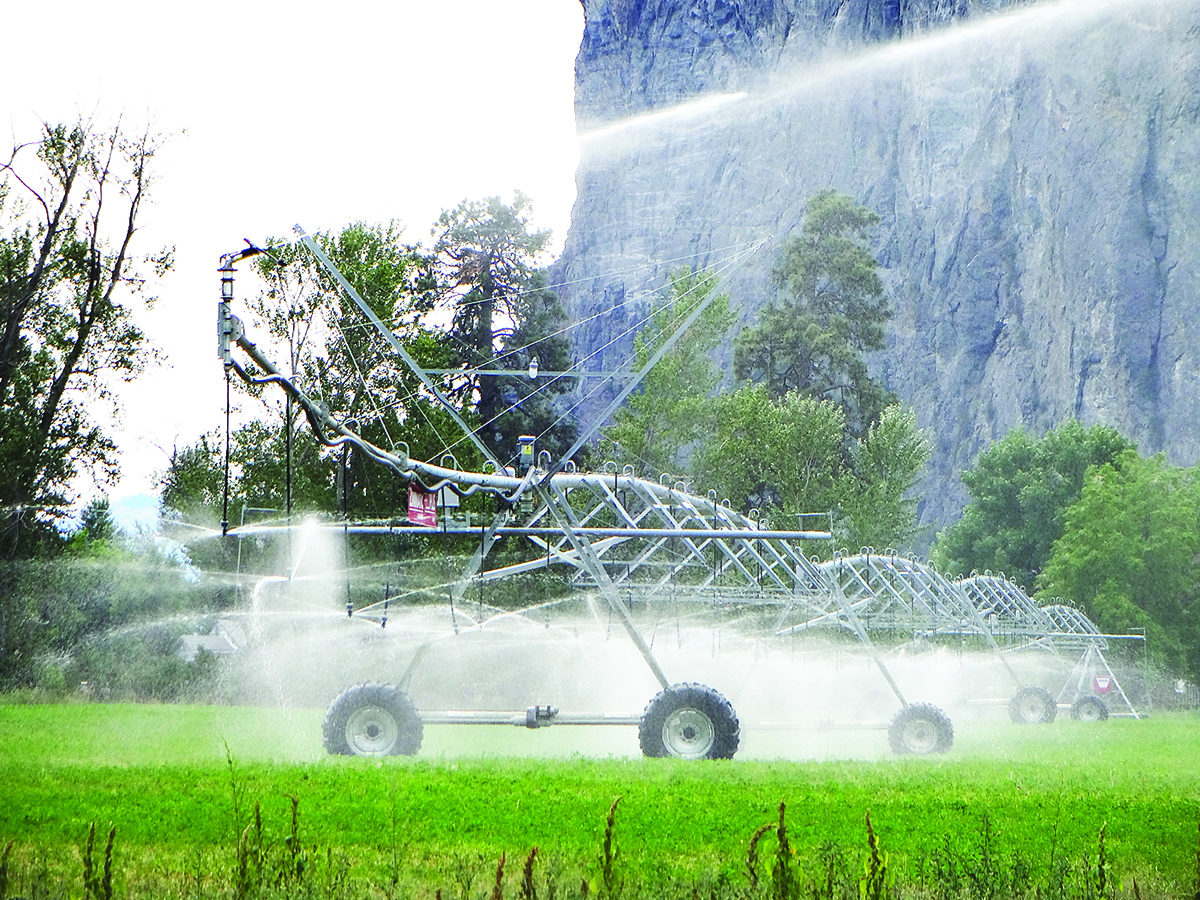


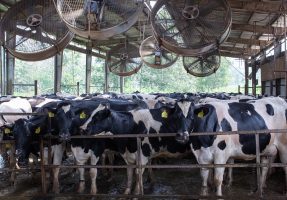


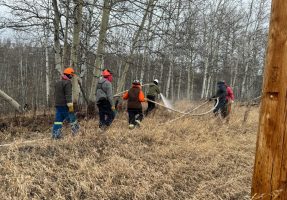

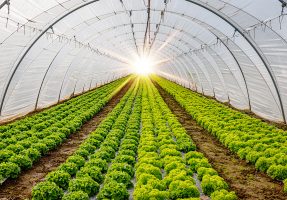
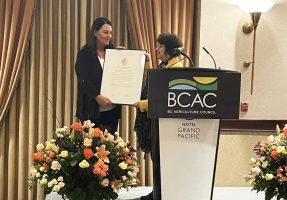

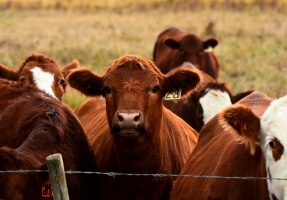

 TerraLink celebrates 50 years
TerraLink celebrates 50 years